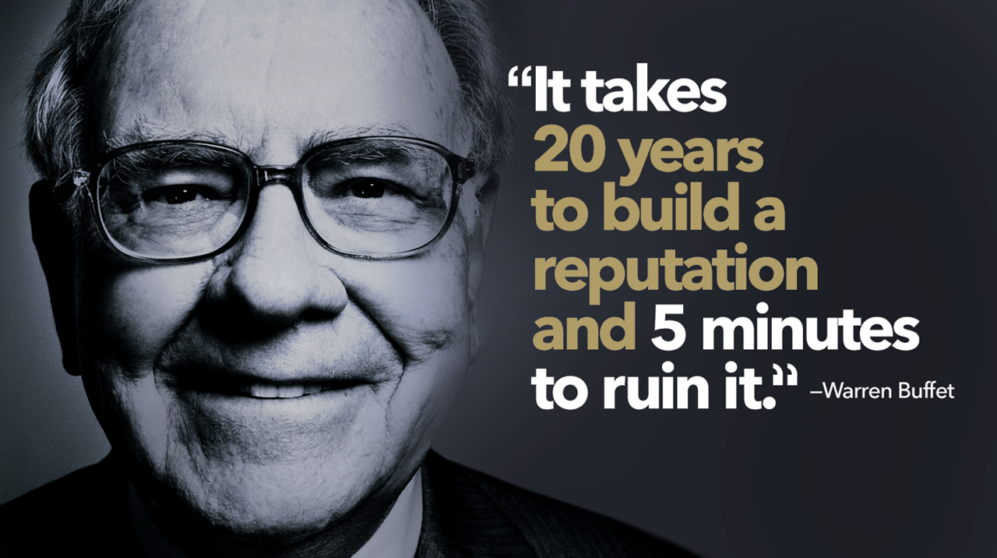The business world now loves to declare that "uncertainty is the new normal." Fair enough, responding to pandemics, cyber-attacks, activist pressure and now tariff wars may feel for some like check box items on a weekly to-do list. But here's the real shift: crisis preparation is no longer a special project for the risk committee. It's simply what good businesses do every day.
Warren Buffett's timeless warning "It takes 20 years to build a reputation and five minutes to ruin it" hasn't aged a minute. What has changed is the muscle memory inside companies. The smartest teams run regular scenario drills not because they expect to predict the next black-swan event, but because rehearsing decision-making under pressure sharpens judgment for whatever lands on the desk at any given moment.
A recent Economist article ("A manager's guide to handling crises - How to keep calm and carry on", 26 May 2025) laid out three essential touchstones: plan, decentralise, and prioritise. Planning is a given. Prioritisation is common sense, Lime's decision to keep bike manufacturing in-house during COVID serves as a crisp reminder of strategic focus paying off. Decentralisation, though, is where opinions diverge and corporate affairs leaders may raise their eyebrows.
Handing local teams more autonomy can feel like letting the brand's most precious asset wander off-leash. Yet rigid command-and-control structures carry their own risk: paralysis at the very moment speed matters most. The sweet spot is a framework that empowers on-the-ground experts while anchoring them to clear principles and pre-approved guardrails. In our increasingly decentralised world, you need to trust and empower your teams wherever you do business.
None of this is headline-grabbing stuff, which is exactly the point. Crisis readiness done right looks boring: regular tabletop exercises, living playbooks, and a culture comfortable asking "what if...?" without eye-rolling. It's business as usual, which means that when the unusual strikes, the response hopefully feels almost routine at best, and at worst no one is panicking.
The payoff isn't just averted disaster; it's reputational capital (also known as trust) that compounds over time. In a market where investors, regulators, and employees are quicker than ever to judge, that compound interest may be the best hedge a company can buy. After all, long-term business outcomes and reputational health are deeply intertwined and should never be considered in isolation.
The lesson for today's leaders? In an era of heightened volatility, the organisations that thrive will be those that make crisis preparation feel as natural as any other business discipline.
